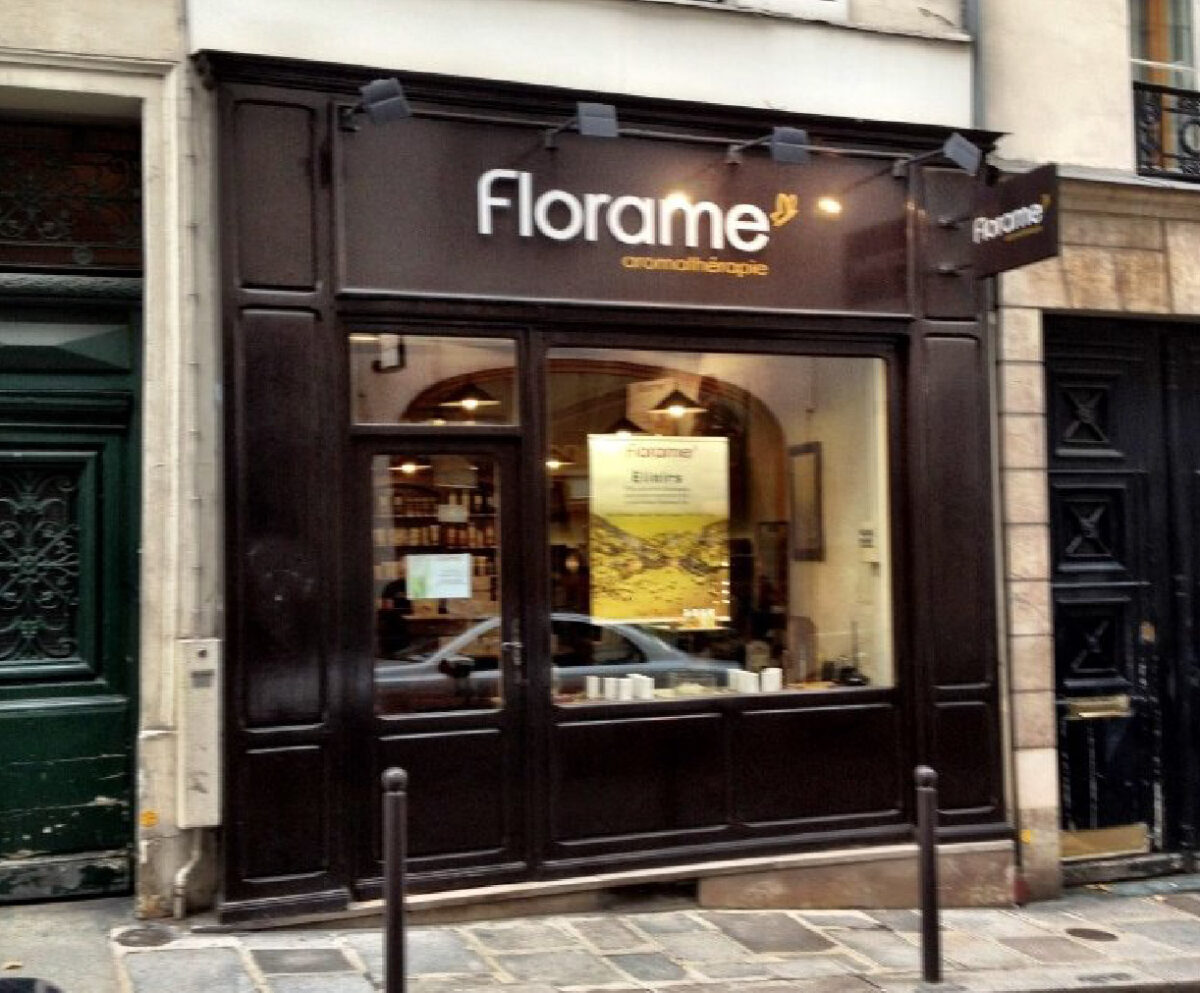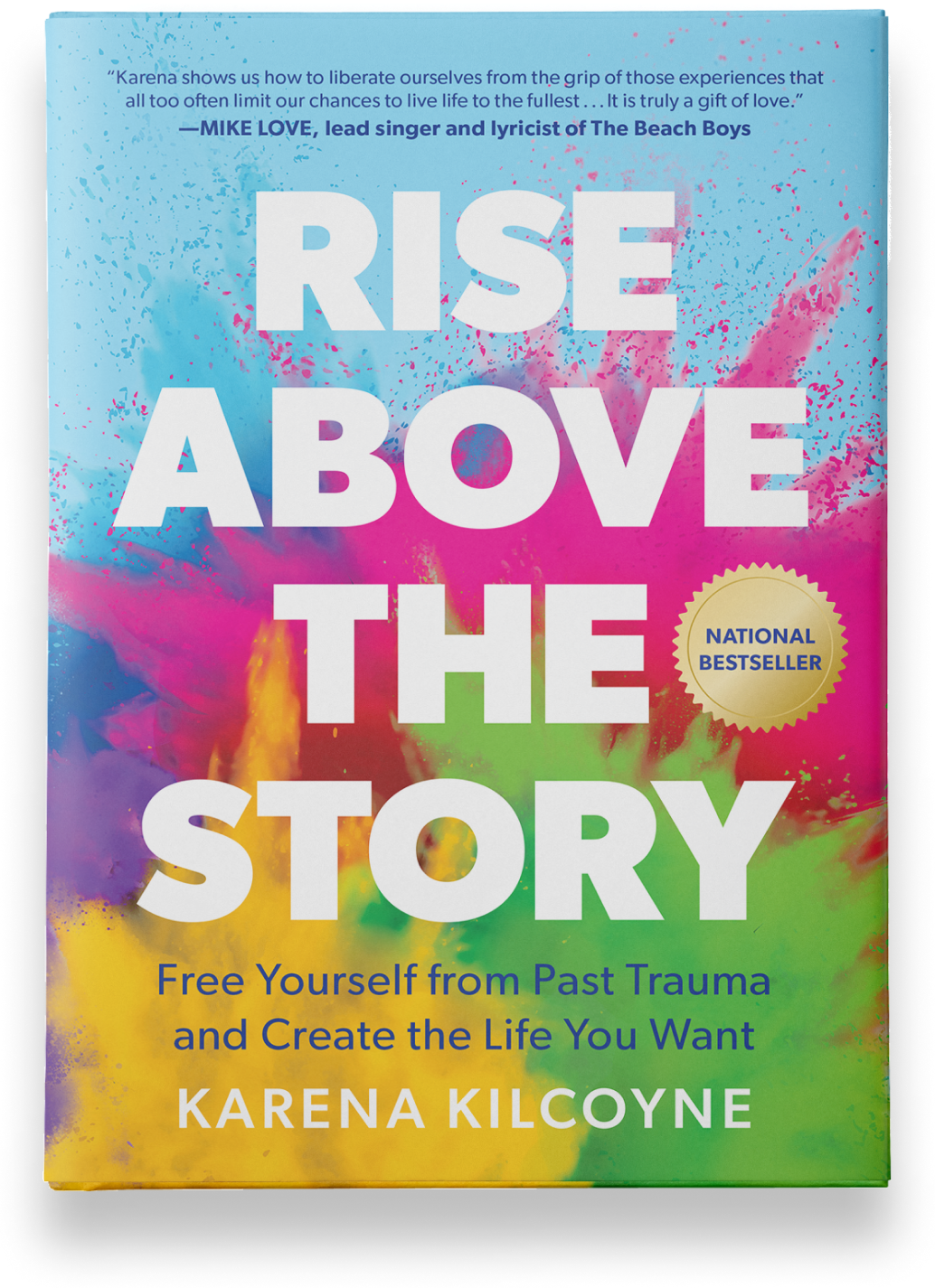Nov 15, 2012

Get your FREE Rise Above the Story Acknowledgement Guide.
Sign up for my newsletter and get your FREE guide to start your journey of self-love and transformation today.

Nov 15, 2012
“America is my country and Paris is my hometown.” ~ Gertrude Stein
My childhood dream was to move to Paris and become a writer. As I got older and learned about the great writers who honed their craft on the Left Bank of the Seine, I longed to do the same. Thomas Paine, James Joyce, Earnest Hemingway, Henry Miller and F. Scott Fitzgerald all wrote (and drank) their way through the Left Bank. Like Woody Allen’s Midnight in Paris, I believed there was something magical about Paris that transformed a good writer into a great one.
Recently, David and I joined a Paris Walks tour that took us all over the 6th arrondissement of Paris, the neighborhood where all of these great writers once lived. The area of the Left Bank from Luxembourg Gardens to the Seine River has been historically an artist’s area. The Right Bank has traditionally been the commercial area because it is easier to dock boats there. The students, intellectuals and artists flocked to the Left Bank.
Our tour lasted two hours and was chock-full of information. It seems that the magic formula of the Left Bank that turned good writers into great ones consisted of a few ingredients – access to small publishers, affordable living, and nurturing other writers and artists.
From the 1920s to the 1940s there were a few small publishers who owned bookstores. One of note was Sylvia Beach who owned Shakespeare and Company. Beach had a passion for developing talent and made Shakespeare and Company more of a lending library where writers could earn money, sleep on a cot upstairs and borrow books. Beach spent most of her adult life supporting young writers in this fashion.

{Beach’s first Shakespeare and Company was located here.}
In 1922, Beach published James Joyce’s Ulysses. The story goes that Beach found a local woman to type the manuscript and when the typist’s husband read a few pages of the racy material, he threw seventy pages of the manuscript into the fire. Joyce had to then rewrite this section from memory. Beach subsidized Joyce for many years, much to her own financial detriment. Out of kindness she signed over all the rights to Ulysses to him. He went on to have great financial success. Unfortunately, he never returned the kindness to Beach, when years later she had trouble making ends meet.
Beach was forced to close Shakespeare and Company during WWII due to the Nazi occupation of Paris. She never reopened. In the late 1990s several boxes of books from Shakespeare and Company were found hidden behind a wall in the apartment where Beach had lived. She had apparently hid much of her inventory from the Nazis. The person who found the books did not know the value of what he had found, and the books were sold for next to nothing in a local book shop. (Always keep your eyes open at the used bookstores in Paris. You never know what you might find.)
Earnest Hemingway was discovered by another small publisher in Paris. He then went to New York as a published author and signed with a larger publisher. While in Paris, Hemingway benefitted from the affordable living conditions that existed at the time. During WWII, the French franc had little value and many writers could find shelter in local hotels for as little as $15 a month. Hemingway was also lucky enough to have wives and lovers who were from wealthy families. They helped support him until he sold his first book.

{Hotel Luxembourg, now an upscale hotel, once hosted young writers for as little as $20 per month.}
The favorite local story about Hemingway is that as a war correspondent during WWII he had inside information that the U.S. soldiers were on their way to liberate Paris from the Nazis. He then borrowed a military jeep, drove to the Ritz Hotel, ordered fifty martinis and “liberated” the bar. The hotel allowed him to stay for three weeks without charge and named the bar after him.

{The Ritz Hotel is currently closed for renovation. This was Hemingway’s apartment.}
Hemingway had a love/hate relationship with fellow writer F. Scott Fitzgerald. On one hand they were colleagues who encouraged each other. On the other, they were envious of each other’s successes. Hemingway also disliked Fitzgerald’s wife Zelda and thought that she prevented Fitzgerald from reaching his full potential.
Fitzgerald and Zelda lived in Paris in 1925. He was a published author by this point and was known for saying that the summer of 1925 was all parties and no work. Fitzgerald, much like his compatriots, led a vigorous life of partying. Alcohol, the toxic muse of the day, flowed like water. His wife Zelda was a schizophrenic, who was envious of his talent. Life ended up being too much for Fitzgerald, and he drank to numb his pain. He died in 1940 at the age of fourty-four of heart attack. Zelda died a few years later when the mental institution where she was a patient caught fire.

{F. Scott Fitzgerald lived in the apartment with the large balcony.}
Many of the writers gathered at local cafes to drink and share ideas. During WWII, few public places had heat. Cafe de Flore was the exception and had coal to burn for heat. This made it the most popular cafe for local writers.

{David and I went to Cafe de Flore one evening for drinks. I swear Hemingway and Fitzgerald were at the bar having one for old time’s sake.}
No conversation about the great writers of the Left Bank would be complete without including Gertrude Stein. Whether Stein herself was considered a great writer is debatable. (Although if book sales are an indicator of talent, she did score a best seller with The Autobiography of Alice B. Toklas. If you have not read this book, you should.) Rather, Stein’s greatness was her ability to see talent in others and nurture it.
Stein and her lover, Alice B. Toklas, befriended great artists such as Hemingway, Picasso and Matisse. Stein often bragged that she discovered Picasso. As a lover of art and the written word, she collected talented friends and invited them to her apartment where they shared ideas that blossomed into artistic movements. It is often said that Cubism and Dadaism were sparked at Gertrude and Alice’s Left Bank apartment.

{Stein’s apartment.}
Stein amassed quite the art collection from her artist friends. At her death in 1946, her personal collection was estimated to be worth over $10 million dollars. Much of it was sold at auction and became the base of many American modern art museum collections.
Stein often said that writers were as important as plumbers and doctors in Paris. Writers offered culture to the mind and nourishment to the soul. And it seems that the French still believe this. The country passed culture laws in the 1980s that allow only small discount on new books. E-reader sales constitute only 5-10% of book sales in France. Just look at all the vintage book stalls that line the Seine and you’ll understand ~ the French have a love affair with books.
The magic formula for turning a good writer into a great one may no longer exist in Paris. The access publishers is limited, and we all know the euro is stronger than the U.S. dollar. But there is still something in the air nurtures a writer’s soul. Alice B. Toklas was known for saying that to get perspective on your own country you must leave it. Maybe that’s why so many writers move to Paris to write the great American novel.
I think I’ll get started…

{The view from my desk in Paris.}
Related Posts

Get your FREE Rise Above the Story Acknowledgement Guide.
Sign up for my newsletter and get your FREE guide to start your journey of self-love and transformation today.

NEW
RELEASE
ORDER YOUR COPY
Available where books are sold